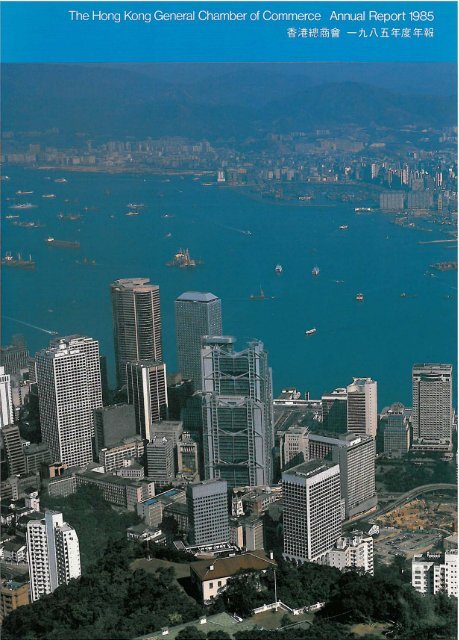
Market Stability and Attractiveness
The Hong Kong Stock Exchange (HKSE) has shown resilience despite a 12.97% decrease in market capitalization and a 15.30% drop in average daily trading turnover in 2023. This stability has made it a preferred destination for mid-cap companies seeking listings. The total number of listed companies on the HKSE increased slightly by 1.15% to 2,609, with 2,283 on the Main Board. This growth reflects continued interest from both domestic and foreign entities.
The new listing regime for specialist technology companies, introduced in March 2023, has played a key role in attracting innovative firms. This regime categorizes companies as either commercial or pre-commercial, with stricter requirements for the latter due to their higher risk profile. For example, commercial companies must meet a revenue threshold of at least HK$250 million (approximately US$31.98 million) in their most recent audited financial year. This framework has drawn attention from technology firms looking to access global capital.
Additionally, the Hong Kong SPAC (Special Purpose Acquisition Company) regime, effective since January 2022, has added dynamism to the market. SPACs provide an alternative route for companies to go public, particularly those in emerging sectors. These measures have helped the HKSE maintain its appeal despite broader market challenges.
Impact of Stock Connect
The Stock Connect program, which links the HKSE with the Shanghai and Shenzhen stock exchanges, has significantly enhanced market liquidity and investor access. Southbound trading, which allows Mainland investors to buy Hong Kong-listed stocks, saw average daily turnover (ADT) grow from HK$900 million (approximately US$115.11 million) in 2014 to HK$33.80 billion (approximately US$4.32 billion) in the first half of 2023. This represents 14.7% of total ADT on the Main Board.
The inclusion of Exchange Traded Funds (ETFs) in the Stock Connect program in July 2022 has further boosted market participation. ETFs provide investors with diversified exposure to various sectors, making the HKSE more attractive to both retail and institutional investors.
Role of Mainland Enterprises
Mainland enterprises continue to dominate the HKSE, accounting for 55% of listed companies and 76.5% of market capitalization as of December 2023. Despite a 13.41% decrease in market capitalization for these enterprises, their presence remains a cornerstone of the HKSE’s stability. Many domestic companies restructure before listing, often using foreign holding companies in jurisdictions like the Cayman Islands or Bermuda. This practice complicates the distinction between domestic and foreign listings but underscores the HKSE’s global appeal.
Challenges and Opportunities
The HKSE faces challenges, including a 55.8% drop in IPO equity funds raised in 2023 and a decrease in new listings. However, opportunities abound with the new listing regime for specialist technology companies and the continued growth of Stock Connect. Geopolitical factors may pose risks, but the HKSE’s regulatory measures and innovative frameworks position it to attract mid-cap companies and maintain its global standing.
By addressing these challenges and leveraging its strengths, the HKSE remains a vital hub for capital raising and investment in the Asia-Pacific region.



